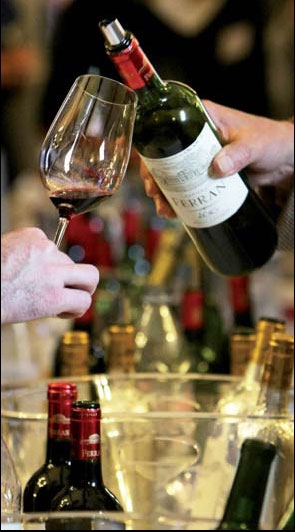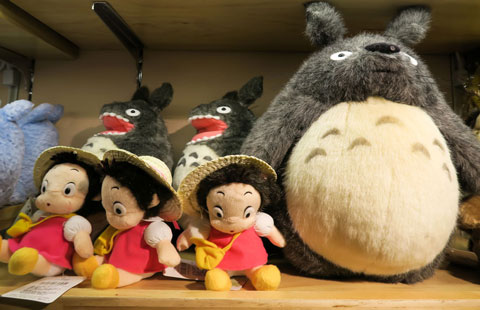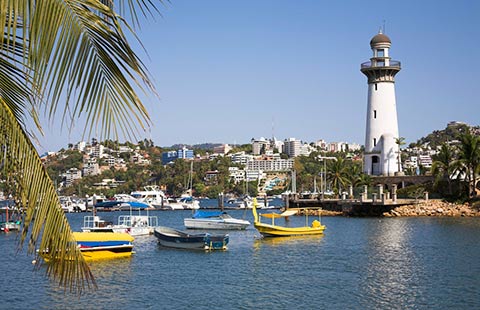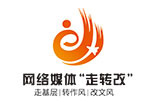Happily in the red
By Xiao Xiangyi (China Daily) Updated: 2012-01-13 08:39As the market for wines grows in China, the nation's banks have jumped on the bandwagon. As early as 2008, major banks in China, such as the Industrial and Commercial Bank of China, Bank of China and China Merchants Bank, have created wine-based financial products.
|
 The demand for wines is increasing among the wealthy. [Photo Provided to China Daily] |
The products usually introduce customers to domestic wineries as investment targets. China Merchants Bank, for example, introduced its wine futures in famed Chinese winery Chateau Junding, owned by China National Cereals, Oils and Foodstuffs Corp, in 2009.
Through wine futures, investors can purchase wines early while a vintage is still in a barrel and before it is bottled.
"The products are highly accepted by customers, because many people love to get acquainted with the value of wine investment in this way," Yu Li says.
China Merchants Bank is planning to cooperate with wineries around the world later this year.
"Obviously the chateaus that achieve Premier Cru (first growth) status in the Bordeaux (Wine Official) Classification of 1855 are more valuable," he says.
Another consequence of the growing wine market has been the growth of wine trading exchanges, such as the Shanghai Wine Exchange, the first online exchange center in Asia that was established last July.
Every day, around 6 million yuan to 7 million yuan changes hands. Gu Guang, founder of the exchange, says current growth rates suggest that the exchange volume may reach in the tens of billions in yuan in three years.
The Shanghai International Wine Exchange, established Dec 18, 2011, is the only high-end wine exchange that is supported by the Shanghai government. Both fine wine and Chinese liquor are exchanged on the market.
Li Wenfeng, president of the Shanghai International Wine Exchange, says the exchange has direct cooperation with wineries and liquor producers to guarantee quality, authenticity and affordable prices.
"The potential of Chinese wine investment market is beyond imagination. And the Chinese market will sooner or later become the exchange center, helping price fine wine around the world," Li says.
"The appearance of e-commerce platforms like these online exchange centers serves as a good settlement for the problem of wine circulation. It at least shows that China is keeping up with Western paces," Yu Min says.
The Chinese' zeal for wine has greatly encouraged and benefited wine producers and retailers. Castel Freres Winery, the top wine producer in France and in Europe, has experienced dramatic growth in the Chinese market.
Castel sold 5.5 million bottles of wine in 2008 in China, 12 million bottles in 2009, 20 million bottles in 2010 and 30 million bottles in 2011, says Xavier Pignel-Dupont, chief representative of the France Castel Winery Shanghai office and general manager of the branch in China.
"Since 2010, China is our first export market. Before China, it was the UK. Due to the economic crisis in the Europe plus the tremendous increase of the wine market in China, the situation remains the same in 2011."
He believes Chinese investors will gradually switch into wine drinkers and lovers from being simply bankers for profit.
"When you have Chinese wine investors, it means that they know what wine from which region to buy. It shows Chinese now are well educated about wine. But still it is a niche investment market, and I am very confident that more will enjoy drinking it to celebrate joyful moments in their life," Dupont says.
When it comes to more Chinese wealthy people buying chateaus in Bordeaux or other regions in France, Dupont says it is a positive sign because it shows they are impressed by French wines.
"That behavior is actually creating a future for French wine, contributing to French food category. When you do such kind of investment, it is long-term investment, indicating Chinese consumers' confidence in French wines."
- VW China's environmental program big hit in Urumqi
- Beijing puts restriction on property buyers in Tongzhou district
- Central bank drains 220b yuan from market
- Teapot craftsman makes innovation, passes down techniques
- Positive attitude goes long way
- China's CRRC Industrial Investment opens European office in Budapest
- Half of new state vehicles to be powered by new energy
- More private investment will put China's recovery on firmer ground

















